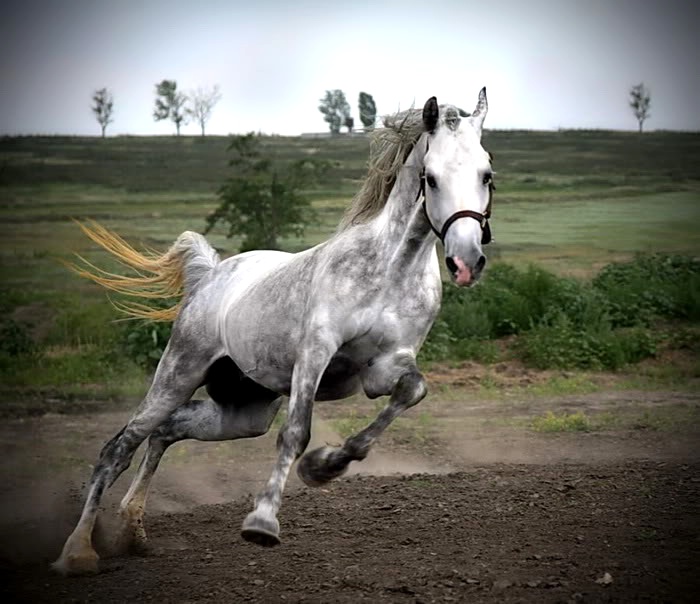Horses have long been a part of human life, with some of the earliest records of domestication dating back to 4,000 BC. As such, understanding the best way to interact with them is essential for both their safety and ours. One of the most common questions asked about horses is whether or not whipping a horse hurts. Let’s take a look at this issue to gain a better understanding.
The Physical Impact of Whipping
The first thing to consider when looking at the effects of whipping on a horse is the physical impact. This is because a whip strike can cause physical pain, bruising, and even tissue damage. For example, a 2012 study found that whip strikes can cause tissue damage in horses, and this damage can take several days to heal. Additionally, a whip strike can cause pain and discomfort in the immediate area that was hit.
The Psychological Impact of Whipping
In addition to the physical effects of a whip strike, there is also the psychological impact to consider. Horses are intelligent animals and can remember traumatic experiences. As such, a horse that is whipped repeatedly can become anxious and fearful of humans, especially those that have hurt them in the past. This can lead to behavioral issues such as bucking or rearing, and can make it difficult for the horse to trust anyone.
The Alternatives to Whipping
Whips are not the only way to get a horse to do what you want. In fact, there are several alternatives that are much more humane and effective. One of the most popular alternatives is clicker training. This is a form of positive reinforcement that rewards the horse with a treat or a click of the clicker when they perform a desired behavior. This has been shown to be much more effective than using a whip, and helps to build trust between the horse and rider.
Other alternatives to whipping include natural horsemanship, which focuses on building a relationship between the horse and rider, and groundwork, which involves teaching the horse through ground exercises.
Conclusion
In conclusion, whipping a horse can cause both physical and psychological harm. While whipping can sometimes be necessary in certain situations, it is important to look for alternatives such as clicker training, natural horsemanship, and groundwork that are much more humane and effective. Taking the time to understand a horse’s needs and building a relationship with them will ensure a safer and happier experience for both horse and rider.



